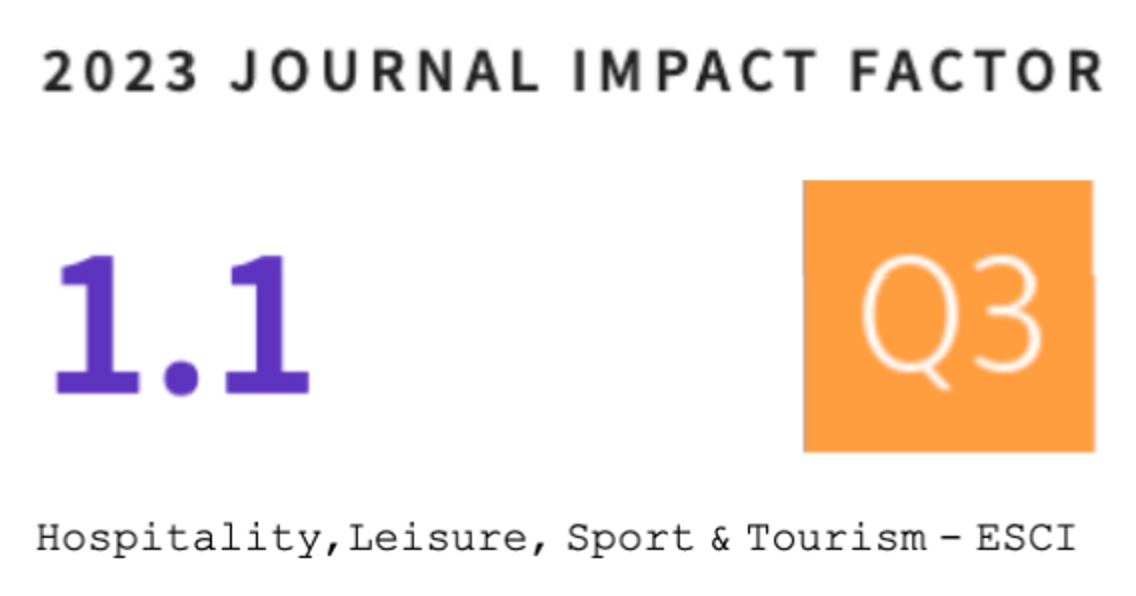Influencia de la hipnosis en la resistencia al esfuerzo en ciclistas. (Effect of Hypnosis on Cyclists’ Resistance to Stress).
DOI:
https://doi.org/10.12800/ccd.v7i21.84Abstract
http://dx.doi.org/10.12800/ccd.v7i21.84
En este estudio se evaluó el efecto de aplicar hipnosis para resistir esfuerzos máximos durante el mayor tiempo posible. Participaron en la investigación 24 deportistas juveniles y aficionados practicantes de ciclismo, con una edad media de 17,75 años (Sd 0,97), peso medio de 68 Kg (Sd 3,98), talla media de 178 cm (Sd 15,02) y un promedio de 5,75 años compitiendo (Sd 0,48). Estos se distribuyeron aleatoriamente en dos grupos denominados: hipnosis y control. La intervención con hipnosis consistió en la utilización de una breve técnica de relajación, fase de inducción hipnótica, fase de profundización, introducción de sugestión posthipnótica y fase de salida del estado hipnótico. Los resultados indicaron una relación estadísticamente significativa (p<0.05) en la variable resistencia al esfuerzo, analizada mediante 2 (16,78) y lambda (0.90), respecto al tipo de tratamiento. La resistencia al esfuerzo mejoraba a medida que se incrementaba el número de sesiones de intervención. Podemos concluir que la intervención con hipnosis ayudó a los deportistas a resistir durante más tiempo situaciones de máximo esfuerzo.
Palabras clave: hipnosis, rendimiento deportivo, variables físicas, ciclismo.
===
Abstract
In this study we assessed the effectiveness of hypnosis in the resistance to effort. Participants were 24 junior and amateur cyclists with a mean age of 17.75 years (SD = 0.97), mean weight of 68 Kg (SD = 3.98), mean height of 178 cm (SD = 15.02), and an average of 5.75 years competing (SD = 0.48). The participants were randomly distributed into two groups: hypnotic suggestion and control. The intervention with hypnosis consisted of a brief relaxation technique, a hypnotic induction phase, a deep hypnosis phase, hypnotic suggestion, and a phase of being taken out of the hypnotic state. The results indicated significant relation (p <0.05) in the variable resistance to the effort, as analyzed by 2 (16,78) and lambda (0.90), with regard to the type of treatment. Performance improved as the number of hypnosis sessions increased. These findings can suggest that hypnotic intervention help sportsmen to withstand the physical exhaustion produced by high levels of effort.
Key words: Hypnosis, Sports Performance, Physical Variables, Cycling.
Downloads
How to Cite
Issue
Section
License
The authors who publish in this journal agree with the following terms:
- The authors retain the copyright and guarantee the journal the right to be the first publication of the work as well as licensed under a Creative Commons Attribution License that allows others to share the work with recognition of the authorship of the work and the initial publication in this journal.














